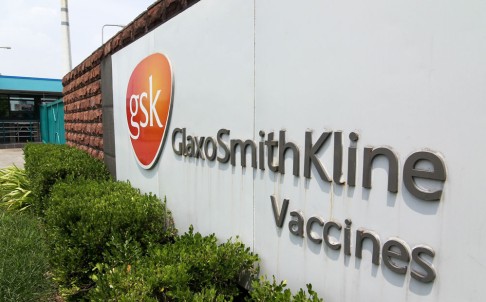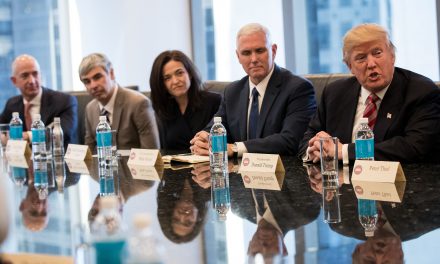26 July 2013.  (GSK) has appointed one of its top European executives as the head of its Chinese operations, following the detention of four Chinese GSK executives in connection with allegations that the drug maker funnelled up to $ 480 million to travel agencies to facilitate bribes to doctors and officials.
(GSK) has appointed one of its top European executives as the head of its Chinese operations, following the detention of four Chinese GSK executives in connection with allegations that the drug maker funnelled up to $ 480 million to travel agencies to facilitate bribes to doctors and officials.
Herve Gisserot, senior vice president for Europe, will take over as general manager from Mark Reilly, who will remain with the company as a senior member of the management team, a spokesman said on Thursday. Reilly is currently in Britain and help the company to respond to the Chinese bribery investigations.
Travel restrictions on GSK’s finance head for China, Steve Nechelput, are believed to have been lifted. Nechelput will continue to remain in China. It was disclosed that there were no allegations of wrongdoings against Reilly but it is not clear whether he will travel back to China.
British citizen Peter Humphrey and his American-born Chinese wife, Yu Yingzeng, are the co-founders of ChinaWhys, a Shanghai-based risk consultancy that is reported to have performed services for GSK. Both husband and wife have been detained in the crackdown. ChinaWhys’ website advertises services including improving a company’s internal controls to prevent corruption and helping companies respond to corruption issues. In July 2012, Humphrey published an article on ChinaWhys’ website, titled, “Avoiding trouble in China – how to stay on the right side of anti-bribery laws”.
British Foreign Office has been in touch with Humphrey.
In another article published in his website Humphrey wrote that the mainland authorities had restricted access to records filed with the Administration of Industry and Commerce, which was a “major setback” in the fight against fraud and bribery in China. He wrote that the restricted access was in reaction to critical reports by US short sellers like Muddy Waters against listed Chinese firms, and exposés in Western media about the wealth of the families of leaders such as Xi Jinping , Bo Xilai and Wen Jiabao.
China’s official news agency hinted that more foreign pharmaceutical firms and hospitals could soon be investigated, in the wake of bribery accusations against GSK.
It was reported that employees from other multinational drug firms, like British drugmaker AstraZeneca and Belgian drugmaker UCB, have also been questioned by Chinese authorities.
It is true that malpractice has become rampant in China’s pharmaceutical industry and hospitals for years, but now China has determined to reform its health system and root out malpractice, including taking kickbacks and price-fixing.
It was reported that more than 1,000 doctors, nurses and administrators from 73 hospitals in Zhangzhou city, south-eastern province of Fujian, were found taking briberies and kickbacks. State broadcaster CCTV said 90 percent of the city’s doctors were involved and that authorities had recovered $3.34 million in illicit funds after a six month investigation.
According to media reports, a certain type of GSK medicine, which only costs about US$ 5, is sold to patients at a ten-fold price in China. Parts of its tremendous profits were used for bribing doctors and hospital administrators.
Such commentaries, while not official statements, provide a window into the government’s thinking. English-language commentaries are also often intended for international consumption.
China’s State Council, or cabinet, on Wednesday said in a statement posted on the government’s website that it would reform drug pricing and procurement mechanisms, guarantee drug quality and “fairly reduce drug costs … and resolutely investigate illicit kickback behaviour”.












